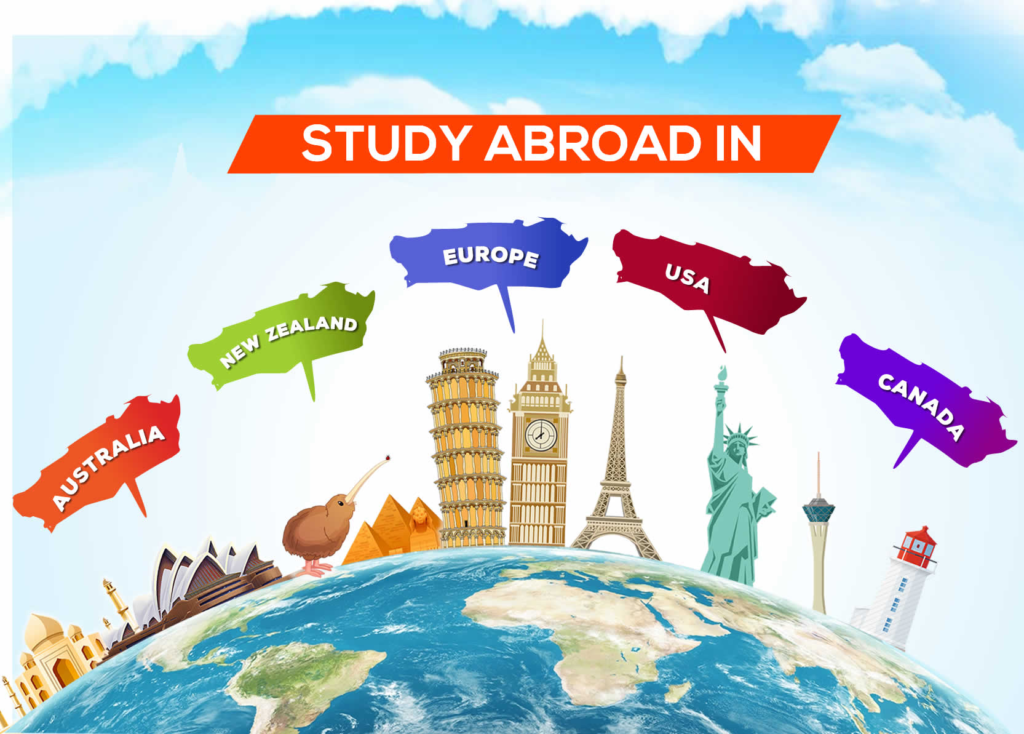Unlocking Global Horizons: The benefits of Studying Abroad
Studying abroad has become a gateway to unparalleled academic and personal growth, offering students a transformative experience that extends beyond the conventional classroom. As the world becomes increasingly interconnected, the opportunity to live and learn in a different country is not just a privilege but a strategic advantage in today’s 美國升學 globalized society. The impact of studying abroad is multifaceted, providing students with enhanced educational prospects, cultural immersion, and significant personal development.

Academically, studying abroad opens doors to diverse educational approaches and resources that might not be available in one’s home country. Different universities and countries often have specialized programs, innovative research opportunities, and unique methodologies that enrich students’ learning experiences. For example, a student studying environmental science in Scandinavia might gain hands-on experience in sustainable practices that are ahead of those in other regions. This exposure to varied academic perspectives can deepen understanding and stimulate intellectual curiosity, preparing students for a more dynamic and informed career path.
Cultural immersion is another key benefit of studying abroad. Living in a new country allows students to experience and engage with a different culture on a daily basis. This immersion provides invaluable lessons in global awareness and intercultural communication, skills that are essential in our increasingly diverse world. By participating in local traditions, exploring new environments, and interacting with people from different backgrounds, students develop a broader worldview and greater empathy. Such experiences not only enrich personal growth but also enhance one’s ability to navigate and contribute to a global society effectively.
On a personal level, studying abroad is a catalyst for self-discovery and growth. The challenges of adapting to a new environment—such as managing day-to-day tasks, overcoming language barriers, and building a new social network—require students to develop resilience and independence. These experiences foster self-confidence and problem-solving skills, as students learn to navigate unfamiliar situations and make decisions on their own. This period of adjustment and adaptation often leads to significant personal development, equipping students with a greater sense of autonomy and capability.
However, the journey of studying abroad is not without its challenges. Students may face difficulties such as cultural adjustment, homesickness, and logistical issues related to living in a new country. Despite these hurdles, the process of overcoming them contributes to personal growth and a deeper appreciation of one’s own strengths and abilities. Many study abroad programs offer support services, including counseling, orientation sessions, and peer networks, to help students manage these challenges and maximize their experience abroad.
In conclusion, studying abroad is a profoundly enriching experience that offers a range of benefits from academic enhancement to personal growth. It provides students with the opportunity to gain new perspectives, develop essential skills, and immerse themselves in diverse cultures. While it presents challenges, these are integral to the transformative process, leading to a more confident, knowledgeable, and globally aware individual. Embracing the chance to study abroad can unlock new horizons and open doors to a world of opportunities, making it a valuable investment in one’s future.